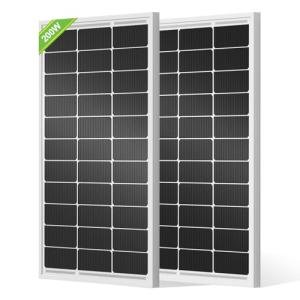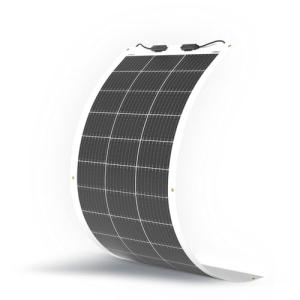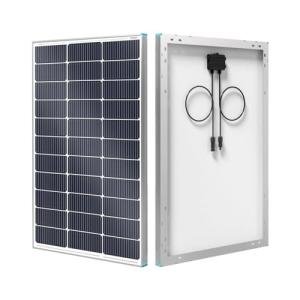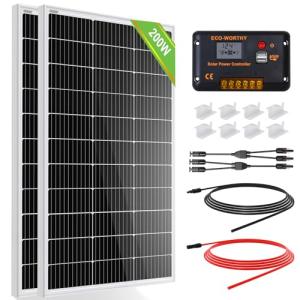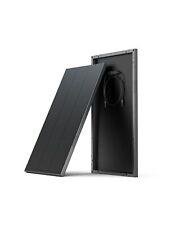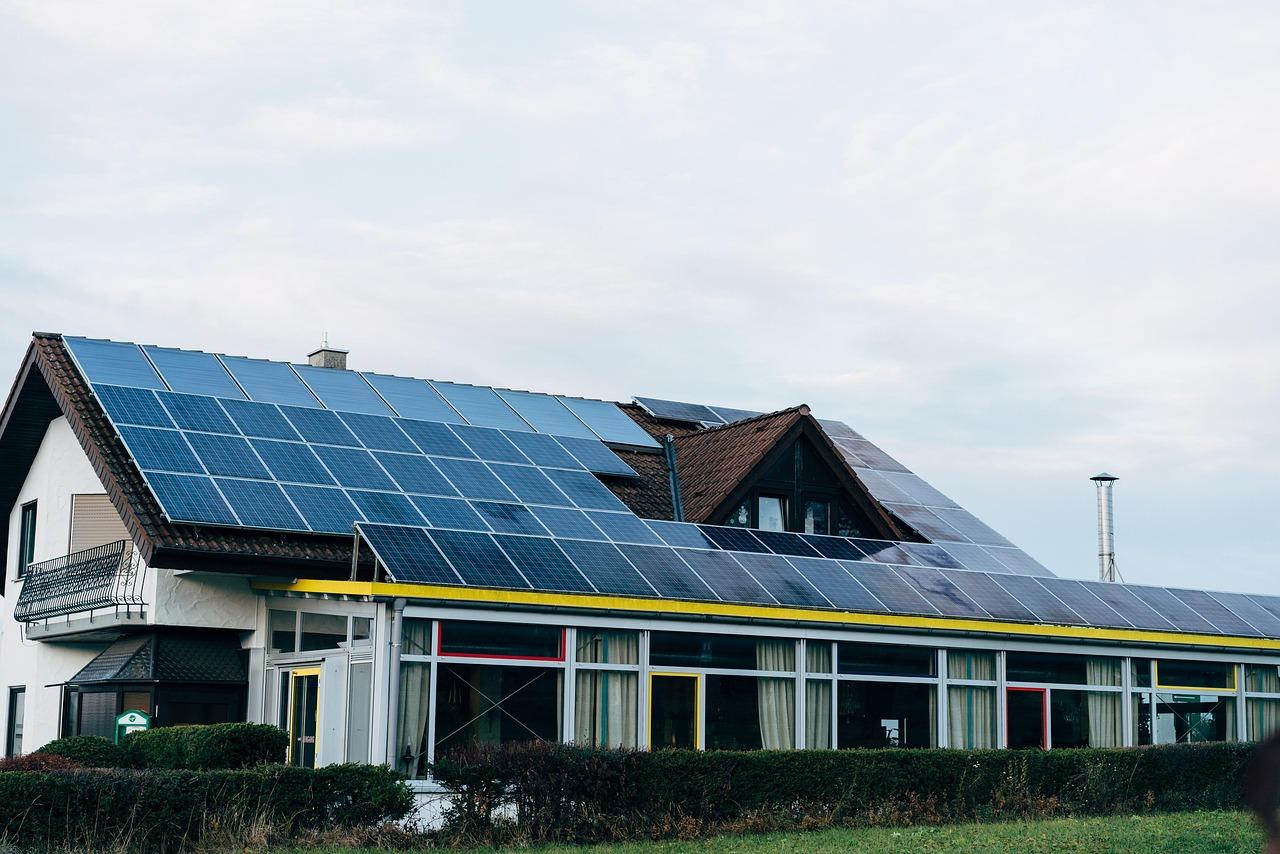Solar panels aren't just great for the environment—they can seriously help you save money, too. When you think about it, installing solar panels at home can significantly cut down your energy bills. The more sunlight those panels soak up, the less electricity you need to buy from your utility company. It’s like having a personal power plant on your roof!
Now, let's break it down. Typically, solar energy can lower your monthly electricity expenses by 50% or even more, depending on your local energy rates and how sunny your area is. Imagine having all those extra dollars to spend on things you love instead of on your electric bill. Plus, many states offer tax credits and rebates, making that initial solar panel cost feel a bit lighter on your wallet.
Another thing to keep in mind is how solar panels can increase the value of your home. Homes with solar installations often sell for a premium compared to those without. Buyers appreciate the lower utility bills and the eco-friendly benefits. So, your initial investment could pay off in the long run, making it a smart financial move.
And don’t forget, solar panels help protect you from rising energy prices. With solar power, you have a fixed cost for your electricity, giving you more control over your expenses. So, while considering solar panel cost, think about the long-term savings and the financial freedom it can bring to your home.
Factors That Influence Solar Panel Prices
When it comes to solar panel cost, a few key factors can really shape how much you’ll end up paying. Let's break down what influences the price so you can budget smartly.
First off, the quality of the solar panels plays a big role. Premium panels from well-known brands usually cost more but offer better efficiency and longer warranties. If you want your investment to last, spending a bit more upfront can save you money over time.
Another important factor is the size of the system. How much energy do you need? The more panels you require to meet your energy needs, the higher the overall solar panel cost. It’s essential to get an estimate of your energy usage to determine the right size for your home.
Don’t forget about installation costs, either! Hiring a skilled installer is crucial, and prices can vary depending on their expertise and your location. It’s worth getting a few quotes to find the best deal, but remember that going for the cheapest option isn’t always the best choice.
Lastly, consider local incentives or rebates that might lower your solar panel cost. Many places offer tax credits or cash rebates for installing solar panels, which can make a big difference in your final price. Always check these options before making a decision!
ECO-WORTHY 2-Pack 100W Monocrystalline Solar Panels
Harness the power of the sun to boost your energy efficiency with this reliable and high-performance solar panel set
Product information
€109.98 €83.75
Product Review Score
4.17 out of 5 stars
59 reviewsProduct links
Calculating Your Solar Panel Return on Investment
When you're considering the solar panel cost for your home, one big question pops up: “Will I really save money?” The answer lies in understanding your return on investment, or ROI. Let’s break it down.
First off, you need to know how much you spend on solar panels. Generally, this can range from $15,000 to $25,000 for an average-sized home, depending on factors like the size of your roof and your energy needs. Once you have a ballpark figure, it's time to look at your energy bills. Track how much you usually pay each month for electricity. This helps show just how much you'll cut costs by generating your own power.
Now, think about incentives! There are often federal and state tax credits available for installing solar panels, which can significantly lower the overall solar panel cost. These credits can knock thousands off your initial investment. In some areas, you might even find local rebates or incentives that can help you save even more.
After calculating your costs and savings, it's time to look at the payback period. This is how long it takes for the savings on your energy bills to equal the amount you spent on the solar panels. If you find that you can pay off your solar system in five to ten years, that’s a pretty solid deal! Plus, most solar panels last over 25 years, so you could enjoy plenty of bill-free energy after that initial investment.
ZOLKER 20ft Telescopic Solar Panel Cleaning Brush
Keep your solar panels spotless and shining with the ZOLKER 20ft Telescopic Solar Panel Cleaning Brush
Product information
€244.13
Product Review Score
4.72 out of 5 stars
131 reviewsProduct links
Tips to Find Affordable Solar Options
Searching for affordable solar options? It can feel overwhelming, but it doesn't have to be. Start by comparing prices from different brands. Don't just settle for the first quote you see. There’s a wide range of solar panel cost out there, and you want to make sure you’re getting the best bang for your buck.
Look for local incentives or tax credits. Many states offer rebates for homeowners who install solar panels. These can significantly cut down your upfront solar panel cost. Make sure to check what’s available in your area. Your local government or utility company might have programs to help you save even more.
Consider the long-term savings too. While some solar panels might cost less upfront, they may not be as efficient or durable as others. Cheaper isn’t always better. Look into warranties and customer reviews to find panels that balance cost and performance.
Lastly, think about your energy needs. Calculate how much energy you use monthly and how big of a solar panel system you realistically need. Sometimes, going for a smaller setup might be all you need, which can lower your overall solar panel cost. Take your time and choose what fits your lifestyle best.

